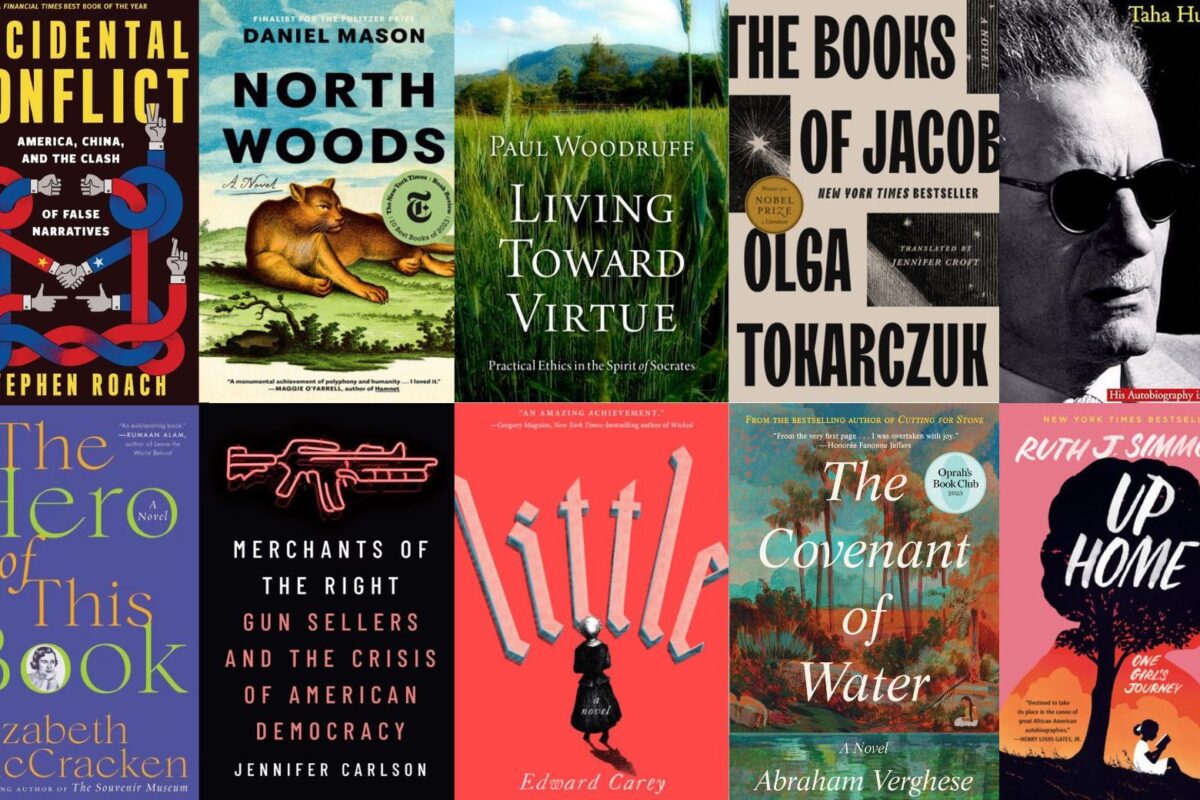We may be a week into 2024, but we’re not quite ready to close the book on 2023 just yet. In case you’re feeling the same — or just looking for a great read to start off the new year — we’ve asked some of our COLA faculty what they most enjoyed reading over the last 12 months. Below are their picks, which cover everything from contemporary fiction to works in translation, foreign relations, ethics, and more. Whatever it is you like to read, we’re sure there’s a winning recommendation for you here.
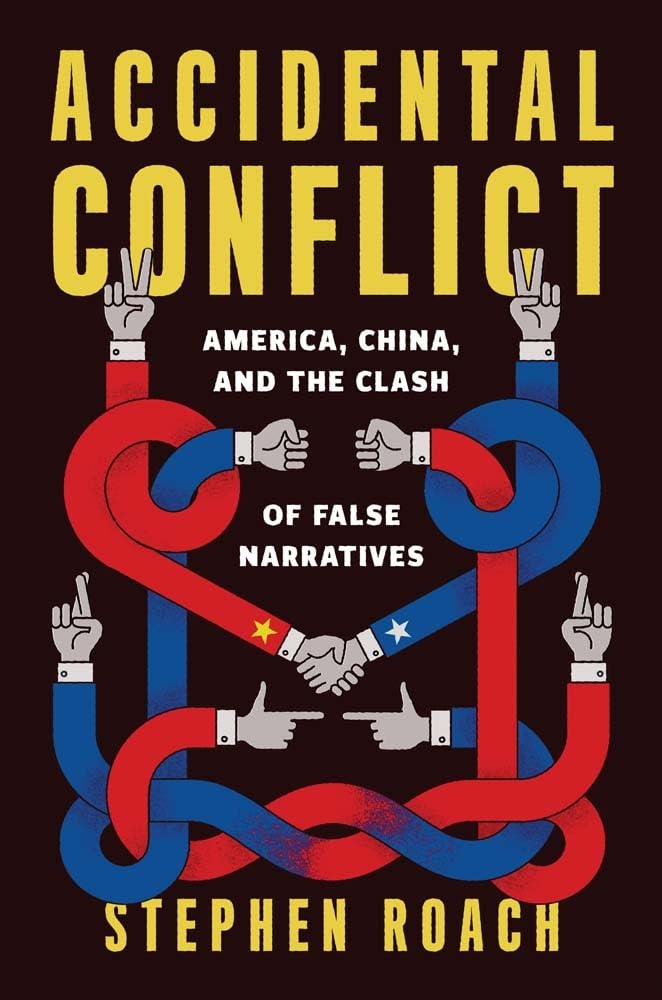
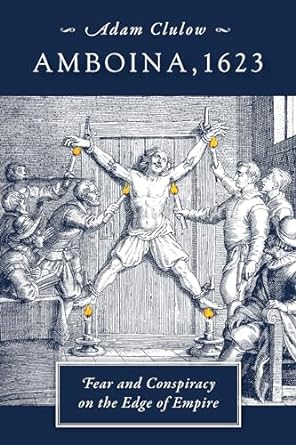
Adam Clulow, history professor, founder of JapanLab, winner of the world’s largest history prize, and author of Amboina, 1623: Fear and Conspiracy on the Edge of Empire, recommends Accidental Conflict: America, China, and the Clash of False Narratives by Stephen Roach.
“Stephen Roach has written a powerful and illuminating study that sheds new light on a critical relationship. Accidental Conflict: America, China, and the Clash of False Narratives is a big book with a refreshingly clear argument. The US and China blame each other for problems that are larger structural and of their own creation. Roach returns again and again to a crucial point: nations like the United States which have low domestic savings need money so they ‘borrow surplus saving from aboard in order to invest and grow.’ This means that the US runs not one bilateral deficit with China but rather dozens – in fact 106 bilateral deficits in 2021. Because of this basic fact, targeting China or painting it as a uniquely bad actor cannot fix the problem. On the other side, Chinese policymakers confront deep structural issues, most notably the rebalancing of the economy towards domestic consumers. When these prove difficult to solve, it is far easier to shift attention to an external villain. In both cases, the ‘politics of blame’ are a siren song not easily resisted. Roach’s framing is powerful and effective, his warnings are timely and his recommendations are intriguing. We may be trapped in a dangerous cycle but Accidental Conflict: America, China, and the Clash of False Narratives has done a huge service in helping us understand it better.”
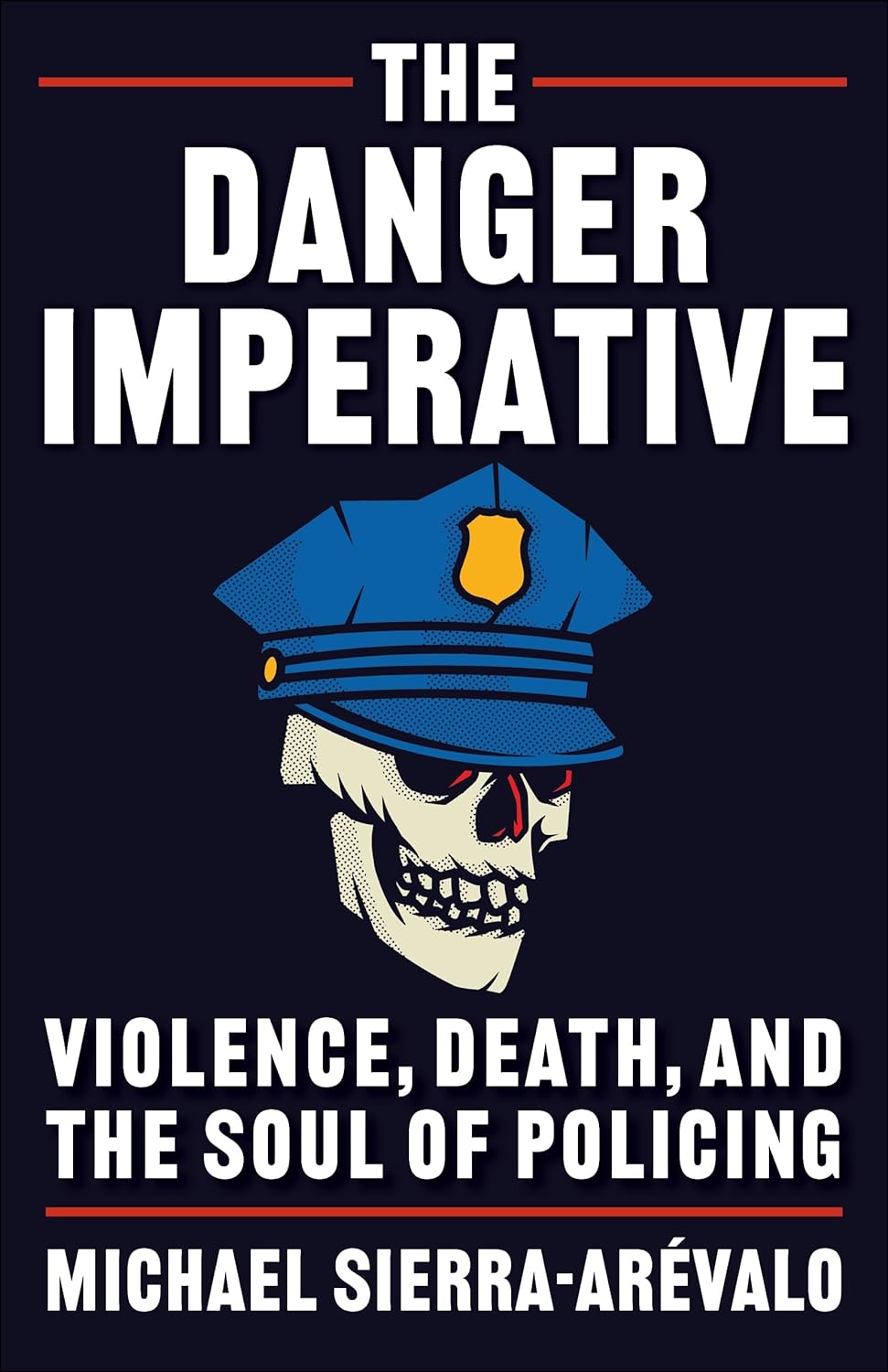
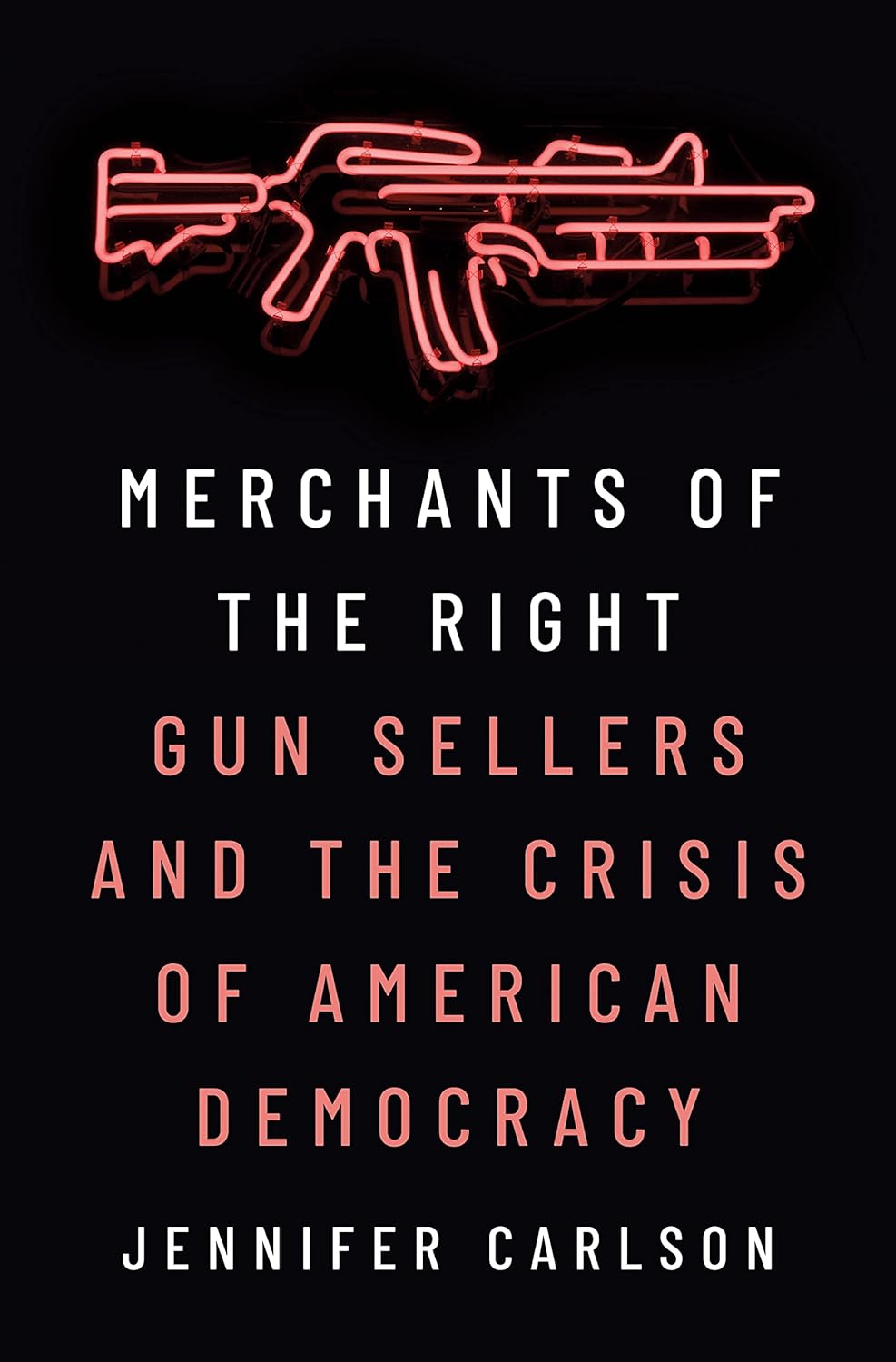
Michael Sierra-Arévalo, assistant professor of sociology and author of The Danger Imperative: Violence, Death, and the Soul of Policing, recommends Merchants of the Right: Gun Sellers and the Crisis of American Democracy by Jennifer Carlson.
“I really enjoyed Merchants of the Right by Jennifer Carlson. This important book draws on interviews with gun sellers to show how firearms inform the ‘civic values’ of armed individualism, conspiracism, and partisanship in the contemporary U.S. This book should be on the shelves of anyone interested in the interaction of firearms, culture, and politics.”
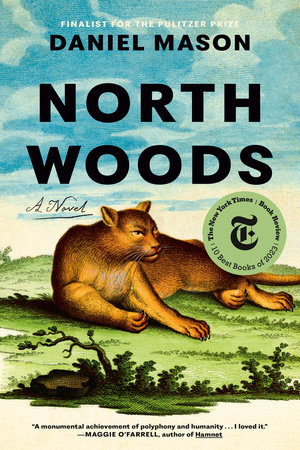
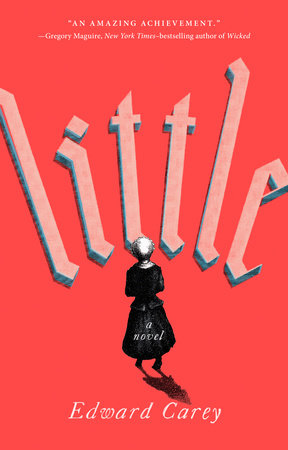
Mia Carter, COLA’s associate dean of student affairs and an associate professor of English, recommends North Woods by Daniel Mason.
“I am currently enjoying a fabulous read, a Christmas gift from my son. The novel is North Woods, written by the medical doctor (a psychiatrist) and Stanford professor Daniel Mason. North Woods is a polyphonous, multi-narrator novel about memory, the passage of time, loss, and life, recorded by the many inhabitants of a house, originally built by outcasts in the Puritan era. The writing is captivating, and the book’s structure includes pamphlets, poems, prophecy and proverbs, diary entries — all kinds of shapes and sounds of human and natural experience.”
Debra Umberson, professor of sociology and Centennial Commission Professor in Liberal Arts #1, recommends Little by Edward Carey.
“This book transports you to another world where a strange, tiny girl is orphaned in Switzerland and then sent to apprentice with a strange man in Paris. The book tells the story of her life and includes body snatching, wax sculpting, a monkey house, love, loss, resilience, and the French Revolution—what’s not to like?”
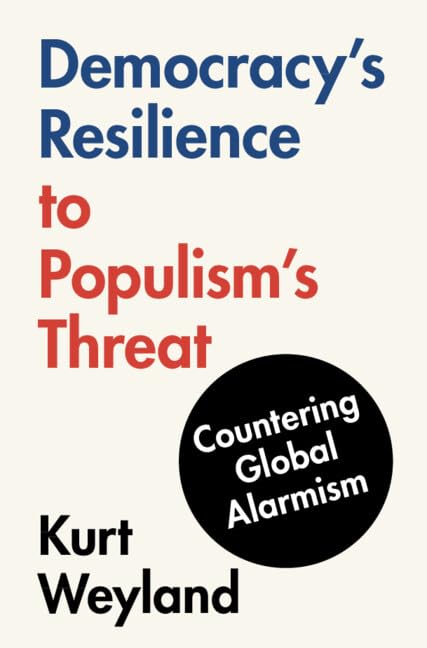
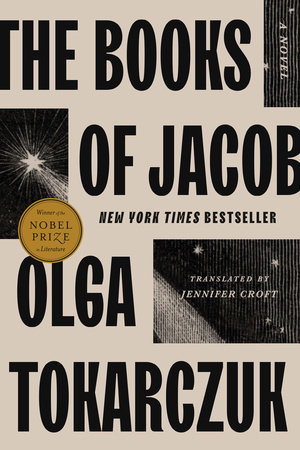
Kurt Weyland, professor of government, Mike Hogg Professor in Liberal Arts, and author of the upcoming book Democracy’s Resilience to Populism’s Threat: Countering Global Alarmism, recommends The Books of Jacob by Olga Tokarczuk.
“The best book that I recently read is Olga Tokarczuk’s The Books of Jacob, which in a wealth of colorful detail, on about 1,100 pages, describes the travels, troubles, and travails of an 18th century Jewish religious leader, Jacob Frank, who with many unexpected twists and turns led his flock toward conversion to Christianity. The Polish writer’s magnificent opus magnum, which deservedly won her the Nobel Prize, provides a superbly insightful study of charismatic leadership in all its multiple facets and contradictions. With his confidently proclaimed mission and inspirational appeal, Frank motivates his followers to utmost sacrifice, but also exploits their unquestioning commitment and their willingness to follow him through thick and thin to obtain special privileges just for himself. To the end, it remains unclear whether Frank is a sincere leader and true visionary, or an impostor and fraud – precisely the question that we ask of the charismatic populists of our own age. As the setting for this fascinating story, Tokarczuk weaves together a brilliant tapestry of the many different ethnic, religious, cultural, and political groupings that populated and roamed around the vast space between the Ottoman Empire and the Rhine Valley: There were Jewish rabbis and Catholic priests, Armenian traders and Polish peasants, Ottoman courtiers and German nobles, and many others. With amazing imagination and empathy, Tokarczuk offers a beautiful commemoration of the tension-filled multiculturalism that flourished in Eastern and Central Europe before the pogroms and genocides, the wars and expulsions of the 20th century inflicted a massive ethnic cleansing that forcefully sought to forge nation states and that brutally — and forever? — destroyed this phenomenally interesting, but also conflictual diversity.”
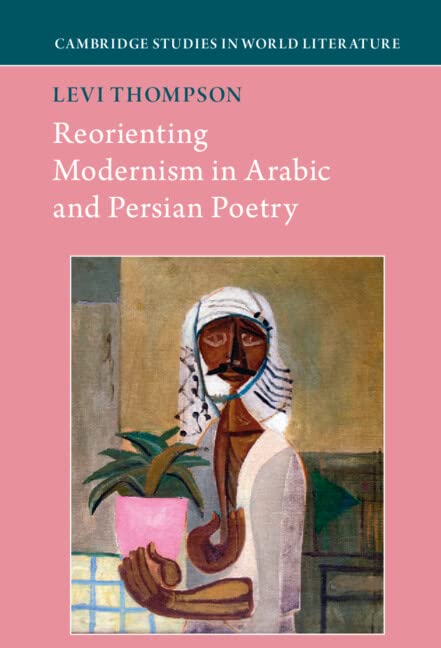
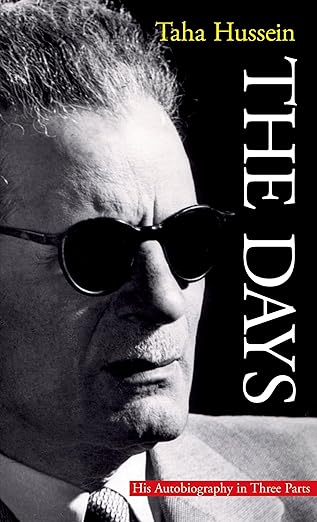
Levi Thompson, assistant professor of Middle Eastern Studies, author of Reorienting Modernism in Arabic and Persian Poetry, and winner of the Modern Language Association’s inaugural Aldo and Jeanne Scaglione Prize for Middle Eastern Studies, recommends The Days by Taha Hussein.
“Instead of reading just a few excerpts of Taha Hussein’s (1889-1973) three-volume autobiography The Days with students in my course ‘The Shock of Modernity in the Middle East’ as I usually do, we read the entire first volume this semester. Blinded following a botched treatment of ophthalmia as a child, Hussein’s path to becoming the most influential educational reformer in Egypt was never clear. Our deep engagement with story of the Dean of Arabic Literature’s early life helped us better relate our own experiences in the modern university to his educational and intellectual trajectory and especially his personal and professional devotion to the Faculty of Arts at Cairo University.”
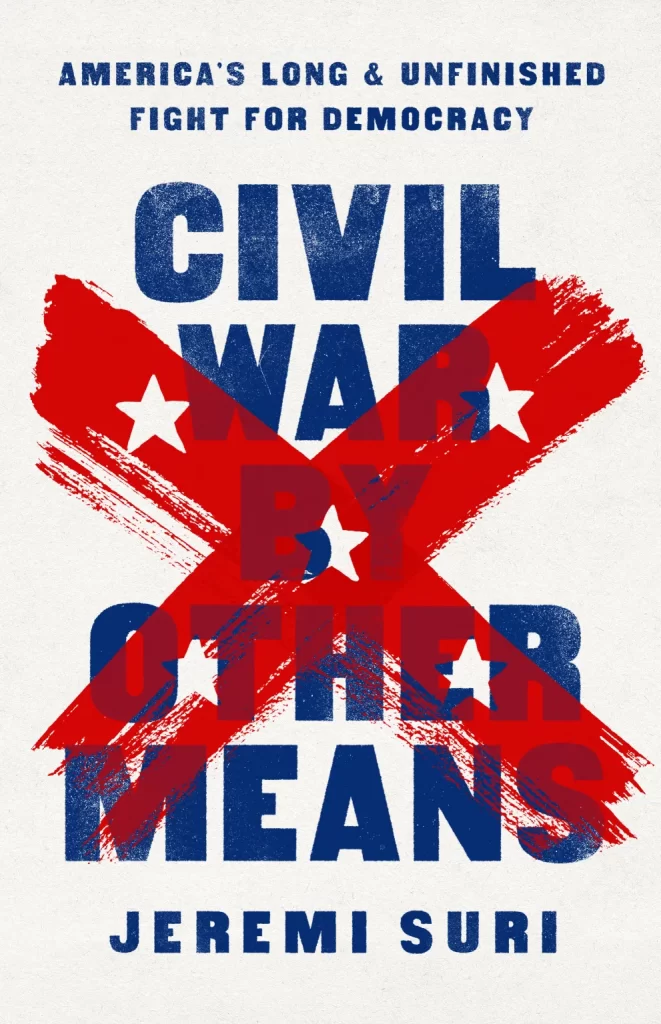
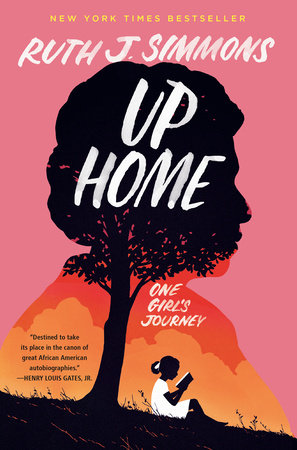
Jeremi Suri, Mack Brown Distinguished Chair for Leadership in Global Affairs, professor of history, and author of Civil War by Other Means, recommends Up Home: One Girl’s Journey by Ruth J. Simmons.
“This is one of the most inspiring books that I have read in a long time. Ruth Simmons was born to sharecroppers in East Texas, the twelfth of twelve children. Many of her siblings never finished high school because they had to pick cotton. This was not the nineteenth century, but a part of America after the Second World War! Yet, Ruth persevered, learned, and discovered a wider world. With simple and direct prose, she describes her journey through Houston public schools, a historically black college, and travels abroad. The love of her family (especially her mother), the support of dedicated teachers, and her own personal courage brought her to Harvard as a graduate student and then the heights of academia, including the presidencies of Smith College and Brown University. After becoming the first African-American woman to serve in those two roles, Ruth returned to Texas to lead Prairie View A&M University, the oldest historically black college in the state, near her home community. Ruth Simmons tells her story in this book and shares her truth about what made it possible. I have thought about this book almost every day since I first read it.”
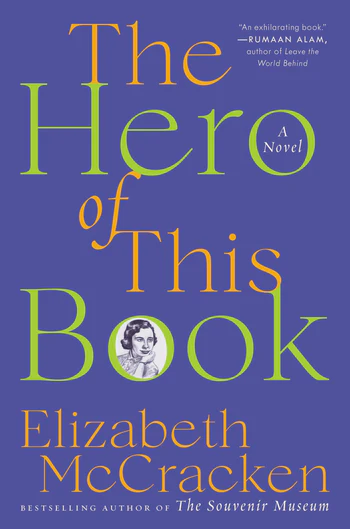
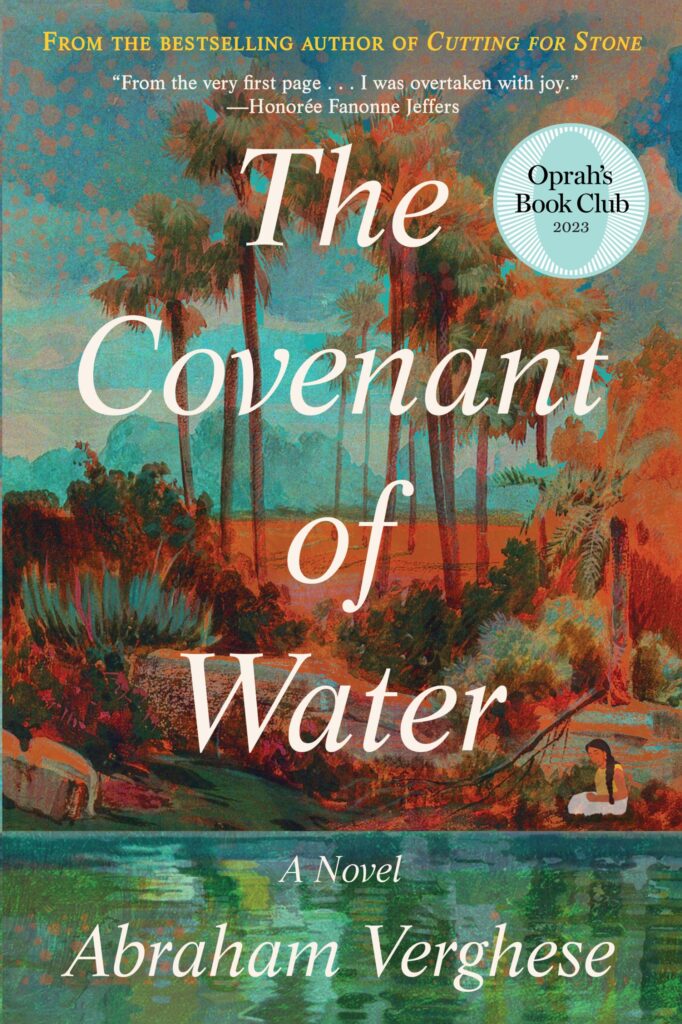
Rob Crosnoe, COLA’s associate dean of research and Rapoport Centennial Professor in sociology, recommends The Hero of This Book by Elizabeth McCracken.
“I want to highlight The Hero of This Book by UT’s own Elizabeth McCracken, which is one of my favorite novels of the last year because it is equal parts moving (tears) and funny (cheers). This novel, which is about a narrator remembering her recently passed mother as she walks the streets of London that she last saw with her mother on a past trip, speaks to me on many levels — as family sociologist who knows that the parent-child bond is so central to our lives and to society even and especially as the children get older themselves; as a voracious fiction reader who likes to balance reading classic novels with new releases but always prefers both when they focus on our most intimate relationships and what they mean to us; and as a son for whom this story hits close to home. Elizabeth is a true treasure of the College of Liberal Arts, and this book is a treasure for anyone who has ever loved their mom.”
Lori Holt, professor of psychology, recommends The Covenant of Water by Abraham Verghese.
“Abraham Verghese is a physician, a professor, and a fantastic fiction and nonfiction writer. I have enjoyed everything he has written, and so I have been anticipating his new novel, The Covenant of Water. The stars aligned. I found a copy at the airport’s BookPeople the day I arrived in Austin to start a new position as professor of Psychology. I’ll mark this as my first Austin read (incidentally, the hardcover under the dust jacket just so happened to be Longhorn orange).”
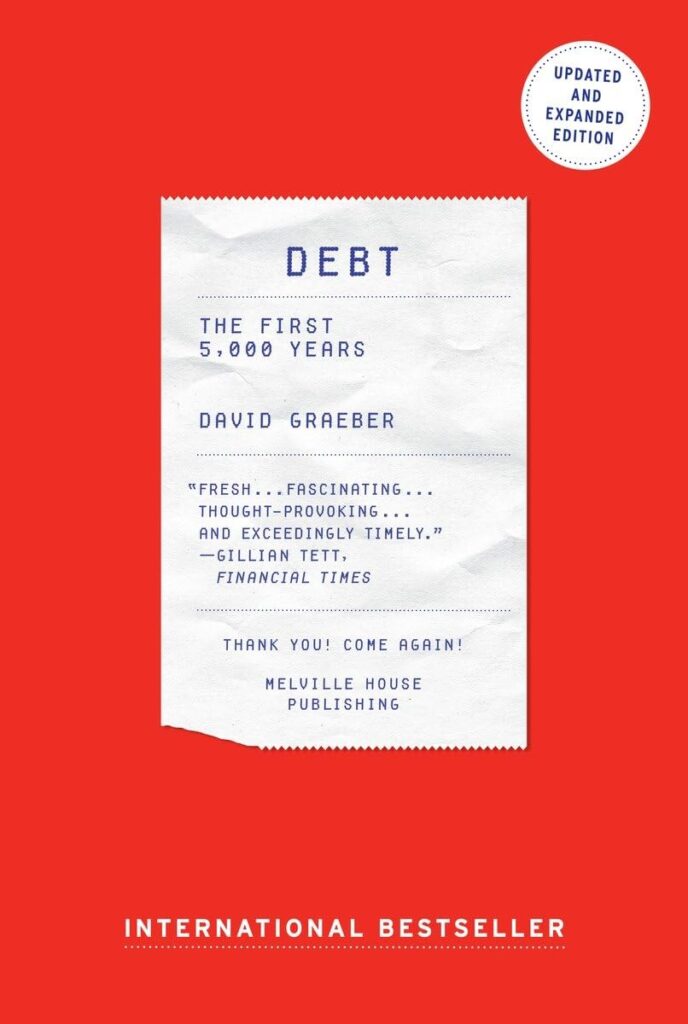
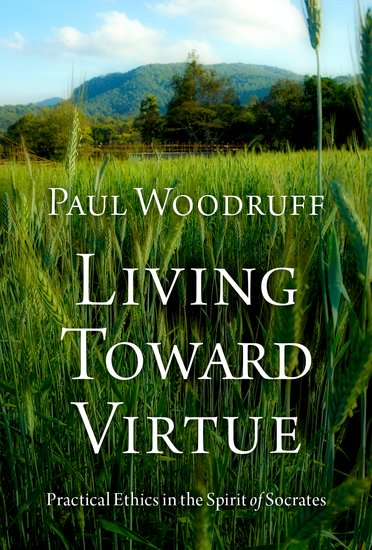
James Kearney, assistant professor of instruction in Germanic Studies and co-author of Duty to Serve, Duty to Conscience: The Story of Two Conscientious Objector Combat Medics in Vietnam, recommends Debt: The First 5,000 Years by David Graeber and Living Toward Virtue by Paul Woodruff.
“The book I enjoyed the most this year was Debt: The First 5,000 Years by David Graeber. Every now and then a book comes along that really jars one to a fresh way of seeing the world. This was such a book. The book is about more than debt in a monetary sense, although it is about that as well. It is rather about a fundamental human preoccupation. We come into this world with debts: to our creator, to our parents, to our community, to our country, etc. How do we repay these debts and what role has this question played in human history? Graeber’s book examines this question. I should also say that the book is relevant to my own Vietnam memoir, Duty to Serve; Duty to Conscience: The Story of Two Conscientious Objector Combat Medics in Vietnam. We could have easily rewritten the title to read Debt to Country; Debt to Conscience…
“Our own Paul Woodruff’s last book before his premature passing this fall, Living Toward Virtue, resonates with me on many different levels. As a young second lieutenant in Vietnam, he was forced to confront his own beliefs at an early age. What was right? What was wrong? How does one judge? He begins his book on this personal note. This is the same moral dilemma that I (and many thousands like me) also faced during the Vietnam era and it is a dilemma that I treat in my own Vietnam memoir, so there is that connection to the book for me. But his taking up the questions raised by Socrates in Plato’s Protagoras (and many other dialogues as well) — namely what is virtue (arete), how do we acquire it, and can it be taught? — also resonates on a purely intellectual level. As one who has returned again and again to the Plato/Socrates dialogues over the course of my life, each time with ever more wonder, I am grateful for Paul’s contributions to classical scholarship and for this very personal handbook on practical ethics in the spirit of Socrates.”
